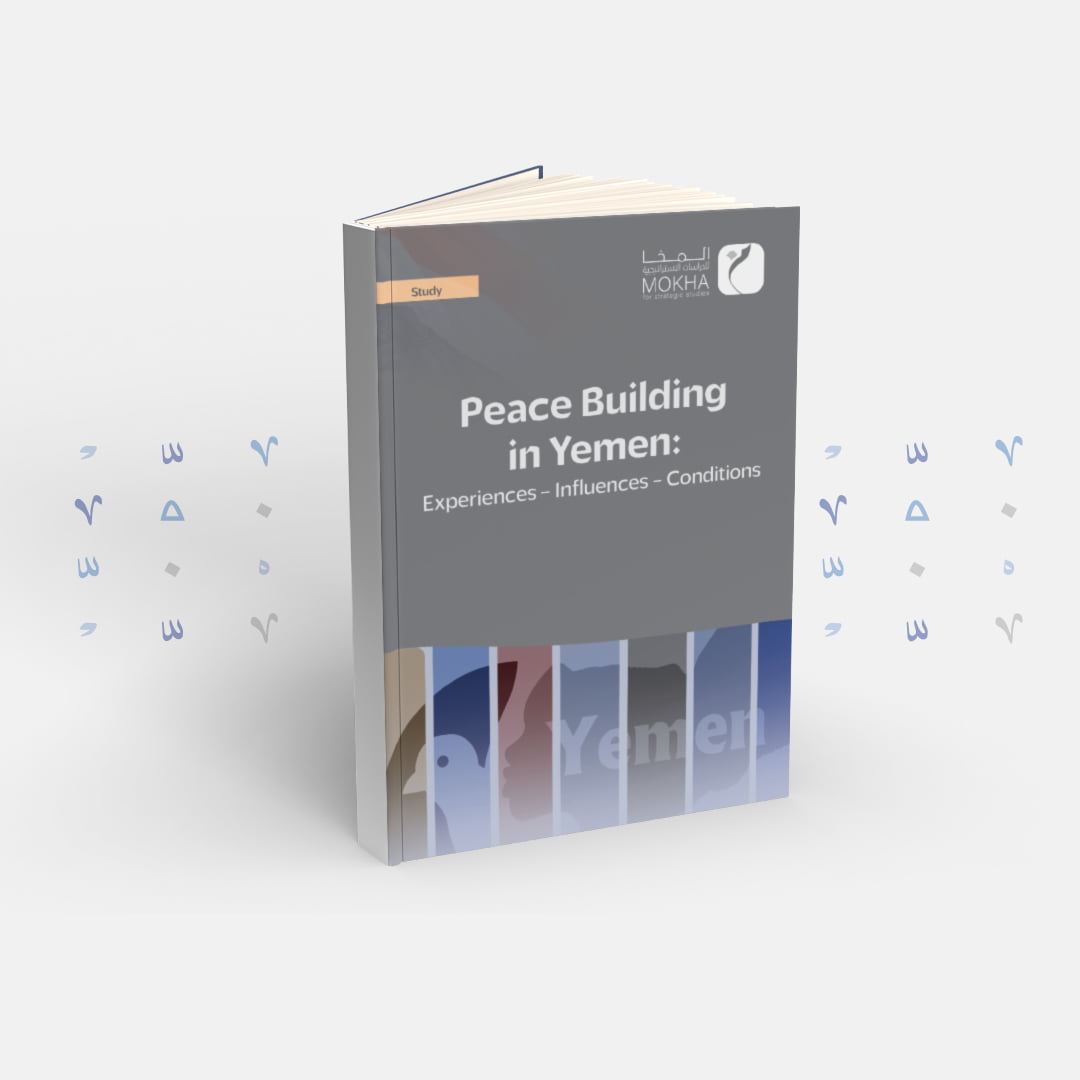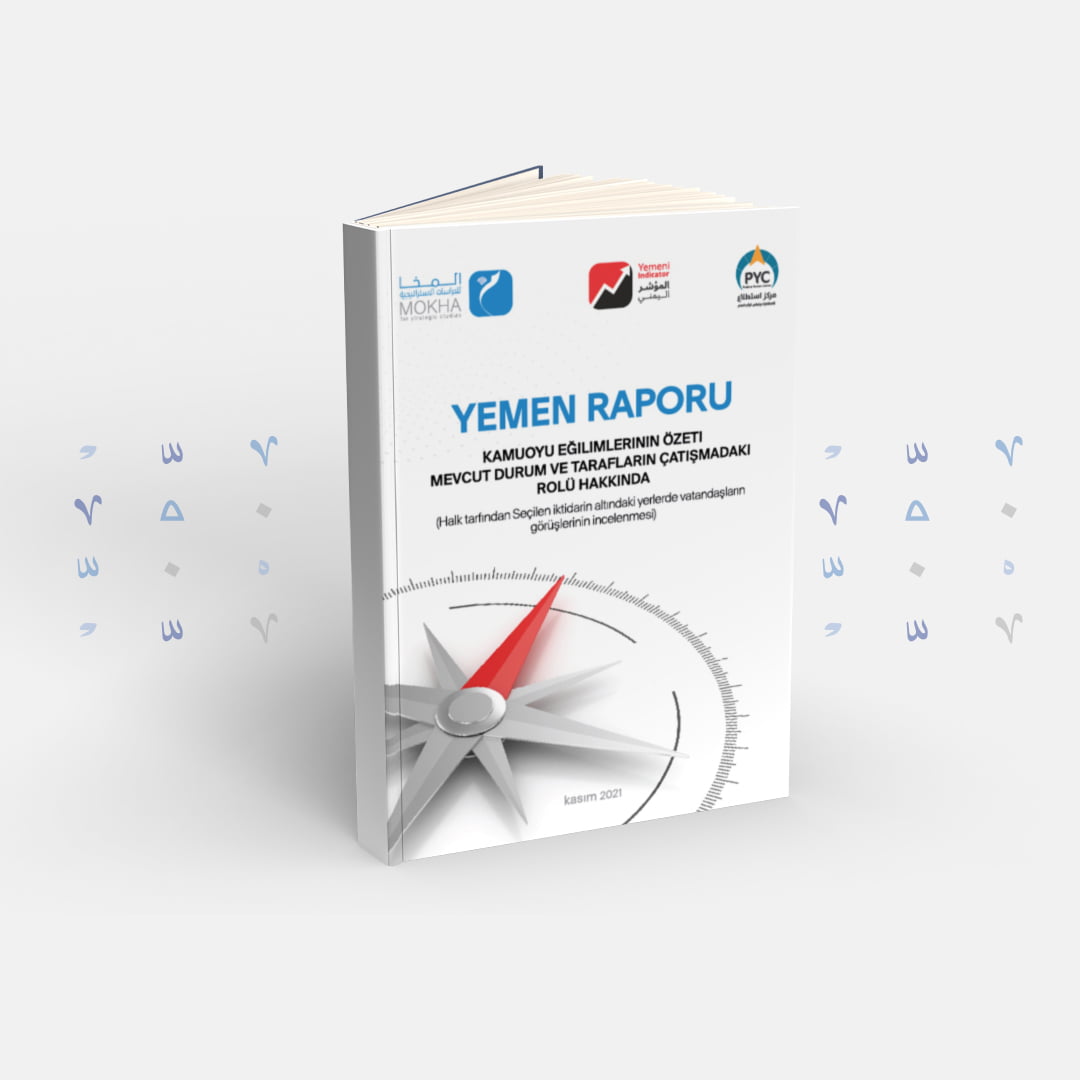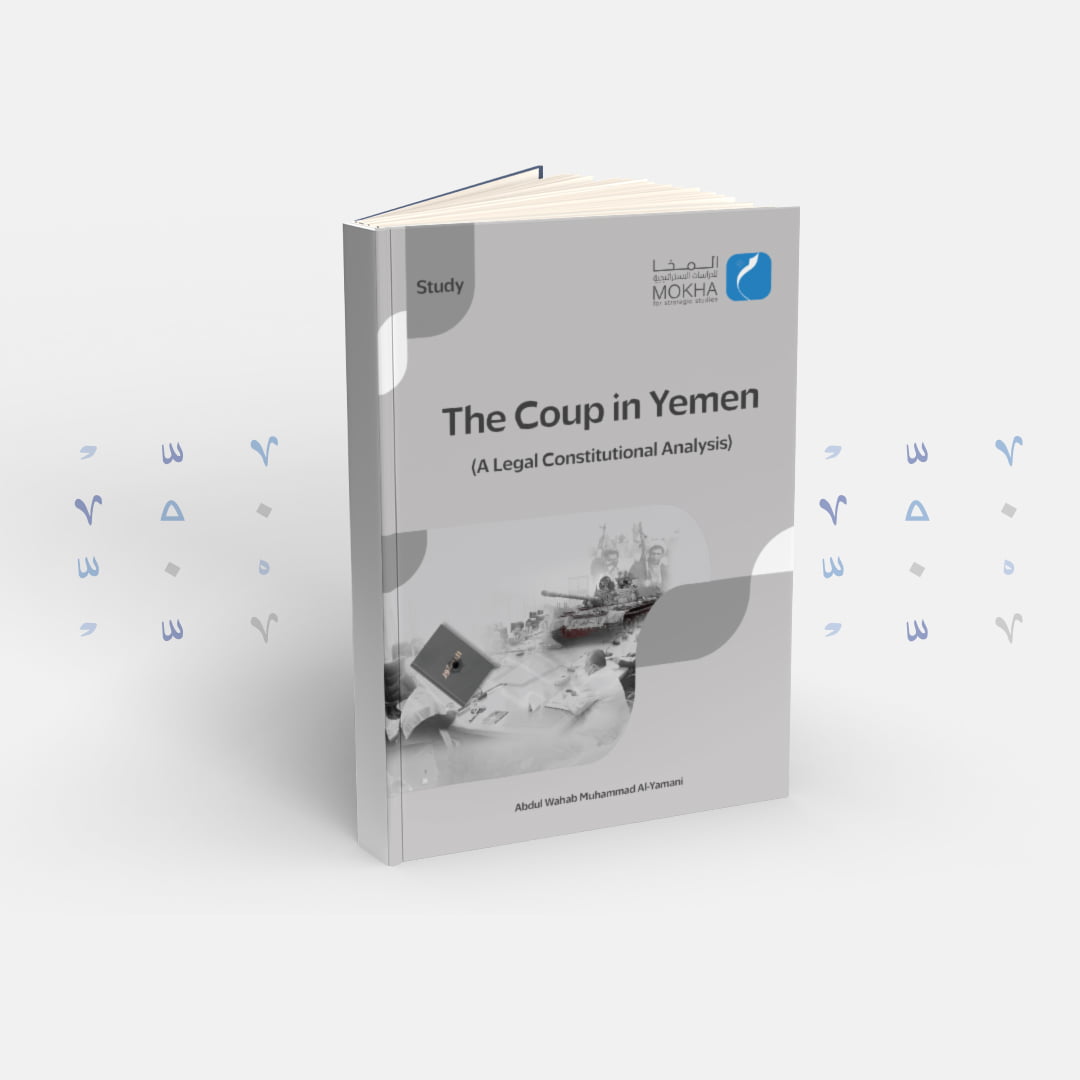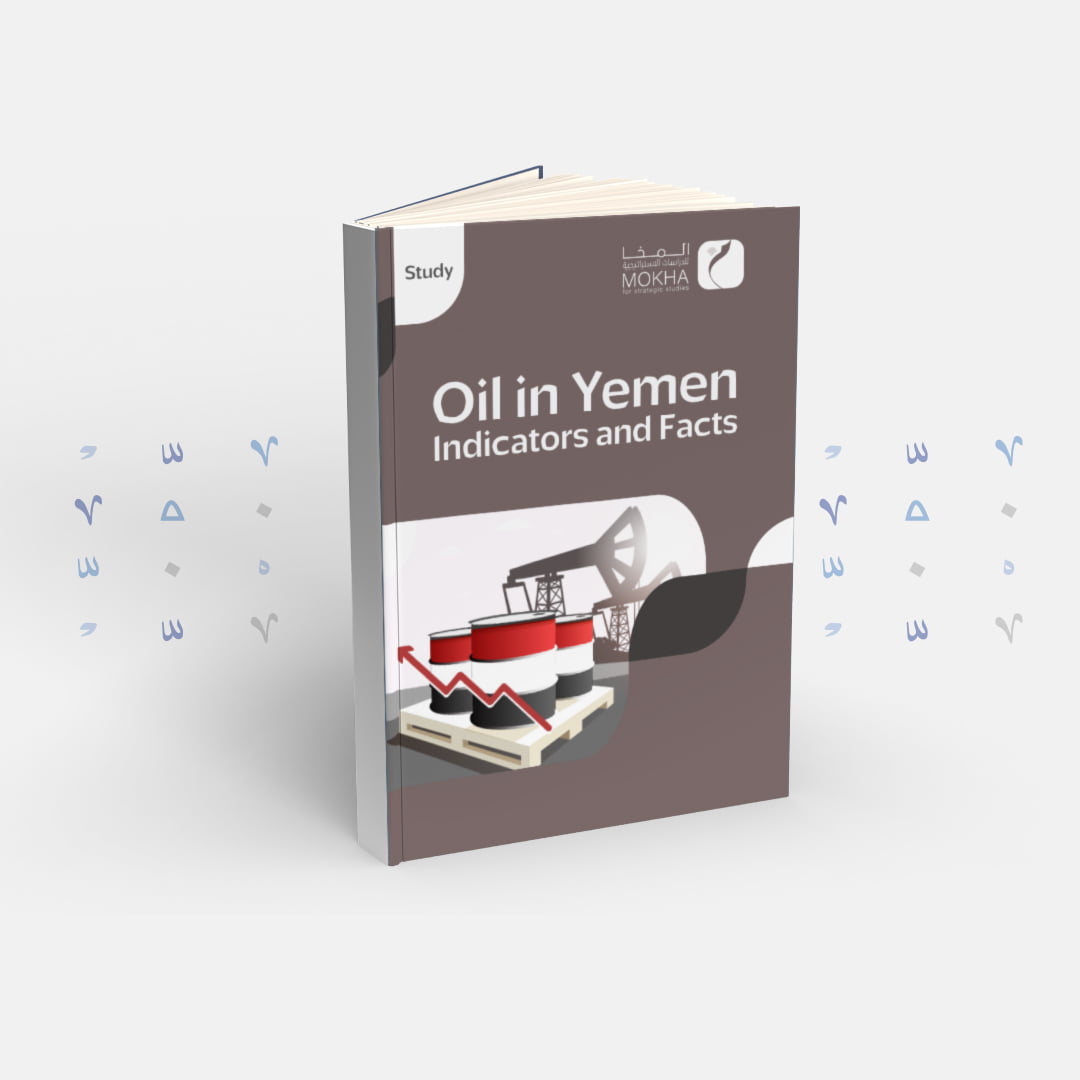Al-Aqsa Flood Operation: Yemeni Perspectives and Historical Context
Al-Aqsa Flood Operation: Yemeni Perspectives and Historical Context

| Getting your Trinity Audio player ready... |
Abstract
The Israeli aggression against the Gaza Strip occurred following an attack by Hamas on October 7, 2023 targeting several Zionist entities. This attack resulted in the arrest of several Zionists and the destruction of military vehicles in what was termed the “Al-Aqsa Flood” operation. This event sparked reactions from Arab peoples and Muslims worldwide, including the Yemeni population.
The Yemeni people have long been unwavering supporters of the Palestinian cause, standing firmly in solidarity with Palestine from its earliest days in the 1930s to the present. Despite enduring internal conflicts and proxy wars, they maintain a steadfast stance against the Zionist occupation, affirming their rejection of Israel’s statehood and their adherence to Palestine as an Arab Muslim land, welcoming people of all faiths without discrimination or persecution.
Throughout the various stages of the Palestinian struggle against Zionist forces, Yemenis have been actively engaged, both physically and spiritually, driven by their belief in the righteousness of the cause and the religious significance deeply ingrained in their societal consciousness. The Quran and Sunnah play a profound role, highlighting the historical ties of prophets’ migration, the significance of the first qiblah, and the journey of the Messenger.
The Yemeni stance on the Palestine issue manifests through two distinct paths: an official governmental track and a popular societal one. This consensus among Yemenis underscores the significance of departing from it, marking those who do as outliers within society.
This paper aims to explore these two paths, offering a brief overview and analysis of official, popular, and societal positions. It seeks to demonstrate the widespread adoption of these stances within the collective consciousness of Yemenis, including rulers, citizens, and intellectual elites. It also delves into their relevance amid current events in Gaza and ongoing Israeli aggression, highlighting Yemen’s distinct national position and its people’s autonomy in expressing their views.




